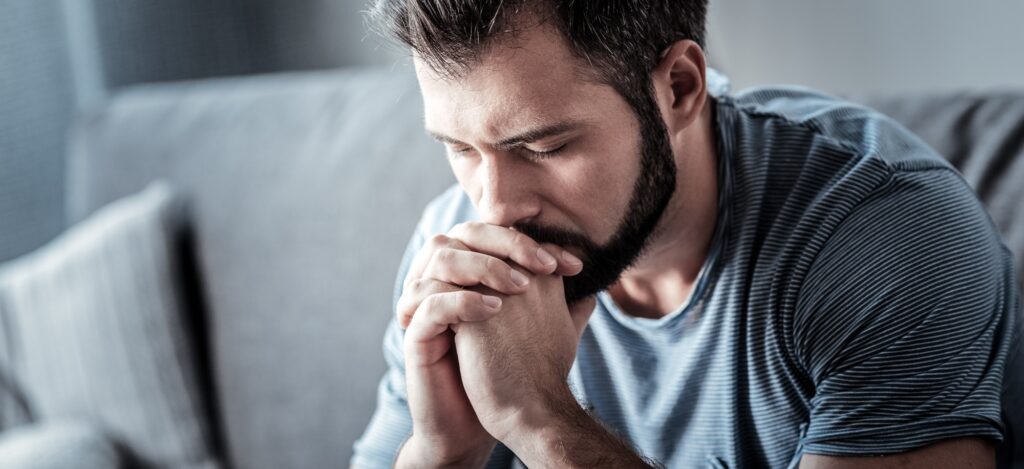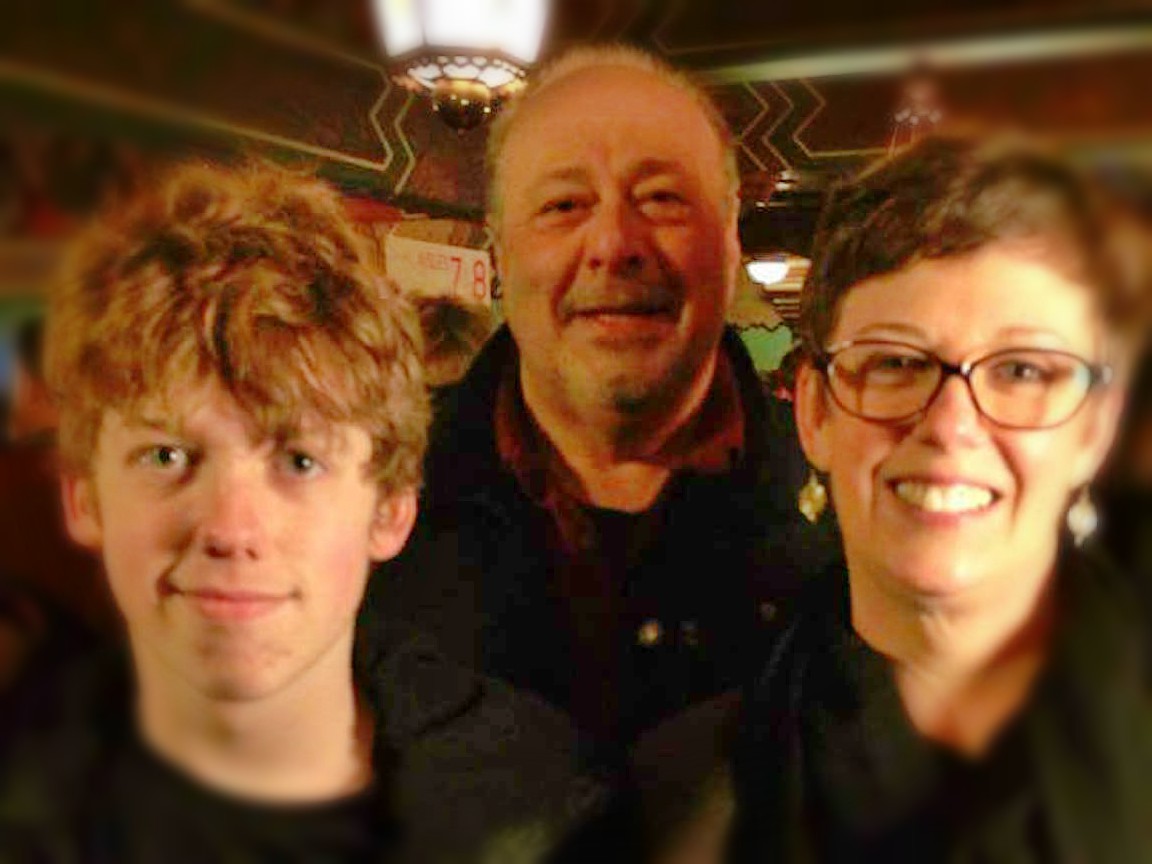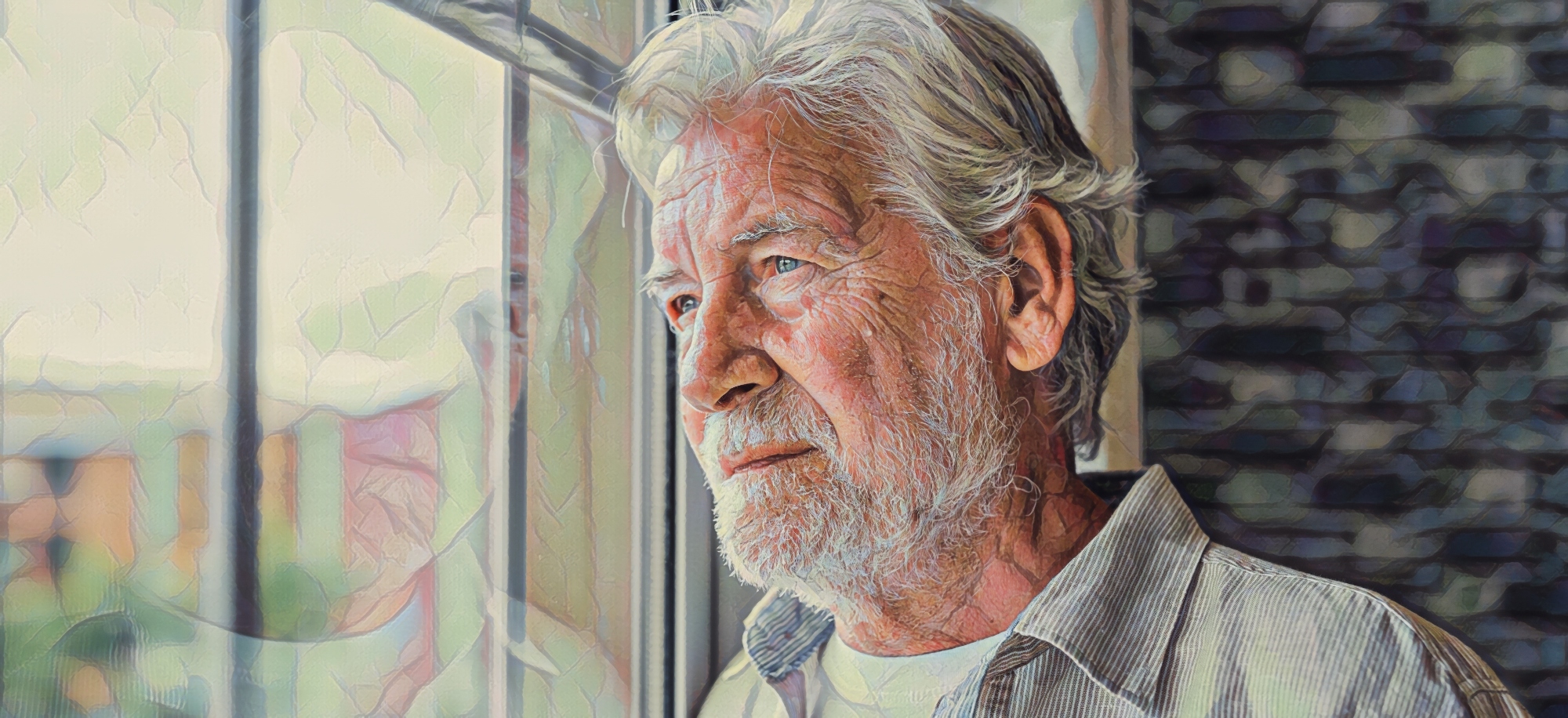We’ve all heard the expression, “Big boys don’t cry,” and I can tell you personally that there is nothing further from the truth.
Big boys DO cry.
The loss of my daughter to suicide has driven me to cry many, many tears of sorrow. I have also observed the tears of other grieving fathers in the Alliance of Hope online support group, Surviving & Beyond for Grieving Dads.
From an early age, society has traditionally taught boys that crying and showing emotions is a sign of weakness. In the aftermath of a suicide, we, as men, tend to feel we must hide our grief and care for those around us who have been impacted by this horrific loss. When we hide our emotions, our partners often misunderstand us as being insensitive or out of sync with their feelings of grief. This can lead to relationship discord.
Our surviving children can also feel forgotten or develop a sense of hyper-individualism for their own well-being.

I believe men are the “silent sufferers” when we lose a loved one to suicide. There is an expectation for us to wear our emotions on our sleeves. To grin and bear it, to soldier on and return to “business as usual” after tragedy strikes.
Most of us have an internal instinct to protect and provide for our families. We hide our emotions to shield others from our pain, leaving our bottled-up emotions to often come out in unhealthy ways.
Like most suicide loss survivors, we feel an extreme sense of guilt for failing to prevent our loved one’s death, and further guilt for failing to shield the impact of loss from those around us who are also hurting.
We often return to work very quickly, not only out of necessity to provide for our family, but to gain a sense of control. There can also be a tendency to become workaholics. This coping mechanism can leave us lingering in the denial stage of grief, further separating us from our surviving loved ones. If excessive work becomes our vice, we eventually become burned out and may lose interest in our careers altogether.
Mental health professionals have noted that healing can take place when sharing your loss with those who walk a similar path. I have learned many grief-coping tools from the Surviving & Beyond for Grieving Dads support group, and I have learned that it is all right to cry and express emotions. I have also connected with dads who understand my pain and will lend an ear, day or night.
If you have lost a loved one to suicide, don’t travel this path alone; reach out for help. The Alliance of Hope for Suicide Loss Survivors is a safe community that understands your grief and offers many resources.
A grieving dad in our group summed it up well: “There is no one thing that takes away the sting of suicide loss, but there is some comfort and shelter in sharing your loss with those who understand.”




